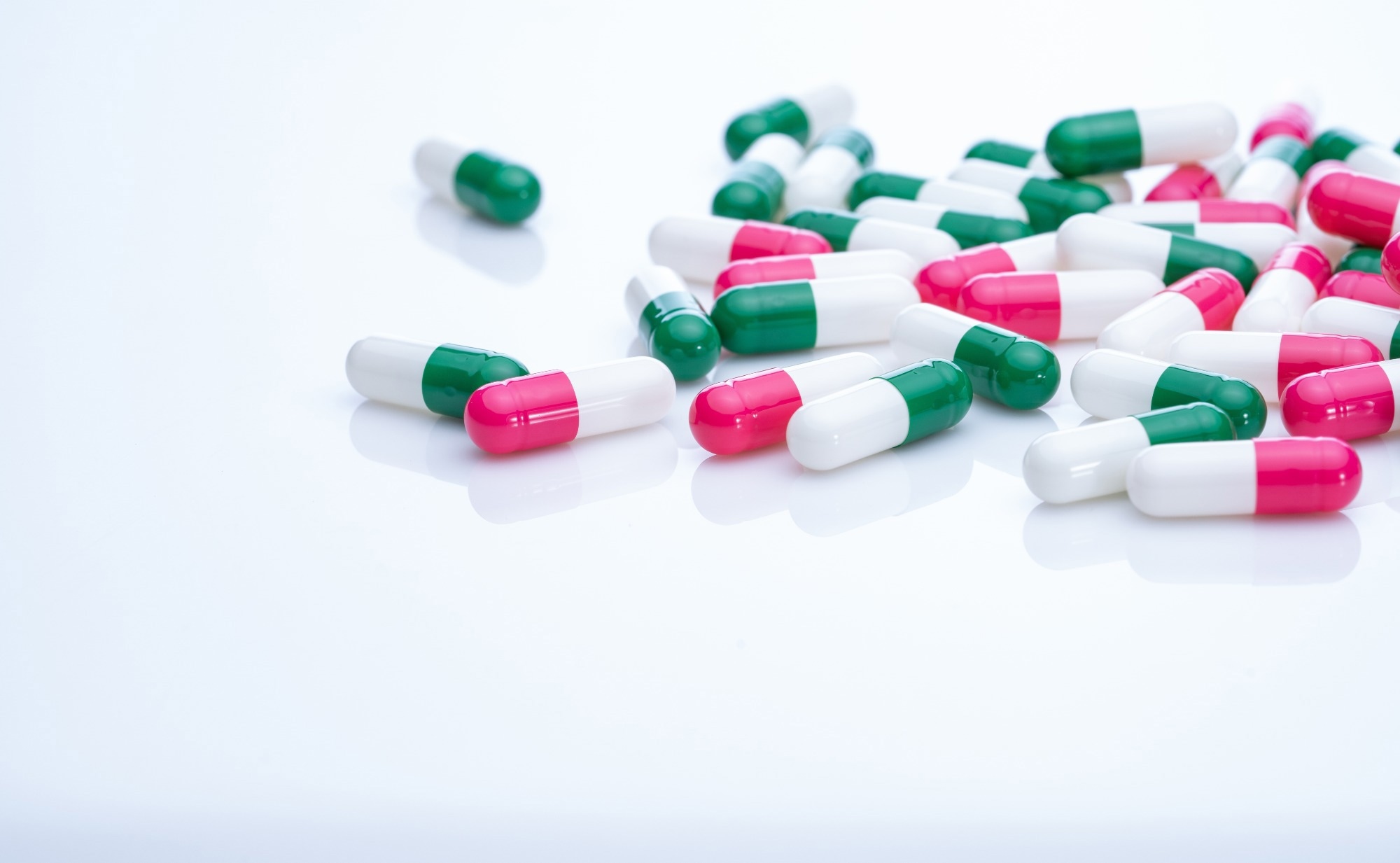
A new study finds that antibodies produced in the nose decline nine months after COVID-19 infection, while antibodies found in the blood last at least a year.
Antibodies in the nasal fluid (known as immunoglobulin A, or IgA) provide first-line defence against COVID-19 by blocking SARS-CoV-2 virus when it first enters the respiratory tract. These antibodies are very effective at preventing the virus from entering cells and causing infection.
However, the investigators found that the nasal antibodies were only present in those recently infected and were particularly short-lived against the Omicron variant, compared to earlier variants.
These new findings – which are published in eBioMedicine – may explain why people who have recovered from COVID are at risk of reinfection, and especially with Omicron and its subvariants.
The study also found that vaccination is very effective in creating and boosting antibodies in the blood, which prevent severe disease, but had very little effect on nasal IgA levels.
First author of the study, Dr Felicity Liew, from the National Heart and Lung Institute at Imperial College London, said: “Before our study, it was unclear how long these important nasal antibodies lasted. Our study found durable immune responses after infection and vaccination, but these key nasal antibodies were shorter-lived than those in the blood. While blood antibodies help to protect against disease, nasal antibodies can prevent infection altogether. This might be an important factor behind repeat infections with the SARS-CoV-2 virus and its new variants.”
The researchers note that studies that directly study these nasal antibodies and reinfections are needed to confirm their results.
The research was led by teams from Imperial College London and the University of Liverpool. It studied almost 450 people who had been hospitalised with COVID-19 between February 2020 and March 2021, before the emergence of Omicron variant and prior to vaccine rollout.
The study also found that whilst current vaccines are effective at boosting blood antibody which can prevent serious illness and death, they do not significantly boost nasal IgA antibodies.
The researchers call for the next generation of vaccines to include nasal spray or inhaled vaccines that target these antibodies more effectively. They say that vaccines capable of boosting these antibodies could potentially reduce infections more effectively and prevent transmission.
Co-senior author of the study, Professor Peter Openshaw, from the National Heart and Lung Institute at Imperial College London, said: “Our results highlight a need for nasal spray vaccines that can boost these local antibodies in the nose and lungs. Such vaccines might be able to prevent people from getting infected with the SARS-CoV-2 virus and reduce transmission of the virus between people. This could help us to better control the pandemic and stop new variants emerging.”
He continues: “Our current vaccines are designed to reduce severe disease and death and are dramatically effective in this aim. It’s now essential to also develop nasal spray vaccines that can provide better protection against infection. It’s brilliant that current vaccines mean fewer people are becoming seriously ill, but it would be even better if we could prevent them from getting infected and transmitting the virus.“
The study analyzed antibodies of the participants to understand how long nasal antibodies lasted, compared with antibodies found in the blood. They also studied the effect of subsequent COVID-19 vaccines on antibodies in the nose and blood.
Samples were taken when people were hospitalised and at six months and one year after. Since most people were vaccinated during the study, many samples were also taken before and after vaccination.
They measured how well the antibodies neutralised the original SARS-CoV-2 virus, and the Delta and Omicron variants to see how long the antibodies were effective for after infection or vaccination.
The study included 446 people admitted to hospital in the early phase of the pandemic, including 141 who provided samples at the start of the study and six and 12 months later. For participants who only had one sample taken during the 12-month period of study, the researchers used modelling to estimate how the average antibody responses changed over time.
Of those who confirmed whether they had been vaccinated (323 people), 95% (307 people) received their first vaccination during the study follow-up period. This led to increases in all nasal and blood antibodies, but the change in the first-line defence nasal antibodies (IgA) was small and temporary. The researchers found that the participants’ sex, disease severity and age did not impact how long their nasal immunity lasted, but caution that their study was only in people with severe disease that required hospitalisation.
They also found that blood antibody from participants continued to bind the original SARS-CoV-2 virus, and the Delta and Omicron variants a year after infection, but found that booster vaccines are needed to maintain this immunity.
Co-senior author of the study, Dr Lance Turtle, Senior Clinical Lecturer at the University of Liverpool and Consultant in Infectious Diseases at Liverpool University Hospitals, said: “Our study suggests that this first-line defence immunity is separate from other immune responses, and although it is increased by vaccination and infection, it only lasts for about nine months. Nonetheless, booster vaccines can increase it slightly and otherwise have a significant impact on other areas of immunity, protecting against severe disease and death very effectively, so remain very important.”
The researchers note that their study did not screen participants for reinfection, but that this was unlikely to have occurred since the study took place during periods of national restrictions and lockdowns when COVID-19 incidence was low and people were not mixing. In a preliminary analysis, they found only two cases of reinfection in their study, suggesting that the overall trends seen are accurate.
The study was supported by the ISARIC4C, UKCIC and PHOSP-COVID consortia. It was jointly funded by the National Institute for Health and Care Research, UK Research and Innovation and the Medical Research Council.








;Resize=(1200,627)&impolicy=perceptual&quality=medium&hash=9986de7fa0083c792b4921981514391397b3f27b50e84006981768ea62a19bd3)







